Optimal Timing for Storm Restorations
Storm restorations are most effective when performed during specific times of the year. The optimal period typically aligns with seasons when severe weather events are more likely to occur, such as late fall through early spring. Conducting restorations before storm seasons can help ensure structures are prepared to withstand high winds, heavy rain, and other damaging conditions.
Performing storm restorations before storm seasons can reduce damage and improve resilience.
Timely repairs after storms help prevent further damage and maintain structural integrity.
Avoid scheduling restorations during peak storm activity for safety and effectiveness.
Understanding local weather patterns assists in planning optimal restoration times.
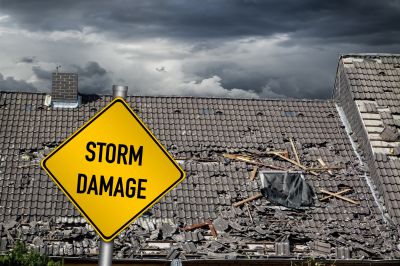
Assessing damage promptly after storms is crucial for effective restoration.
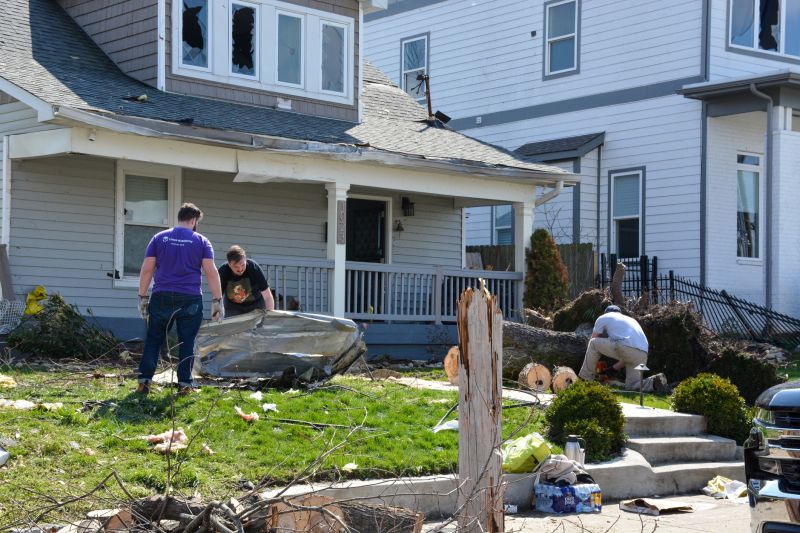
Strengthening roofs and walls before storms can minimize damage.
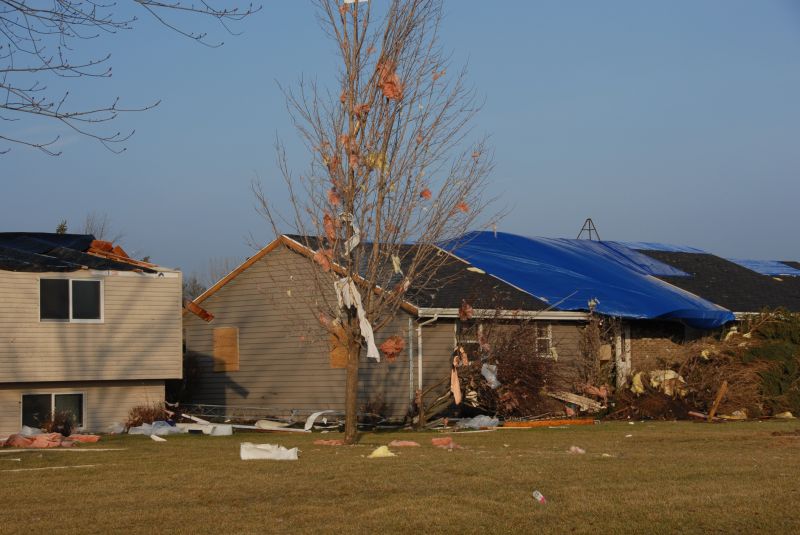
Immediate fixes after storms prevent further deterioration.
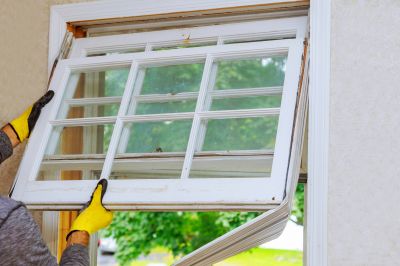
Ways to make Storm Restorations work in tight or awkward layouts.
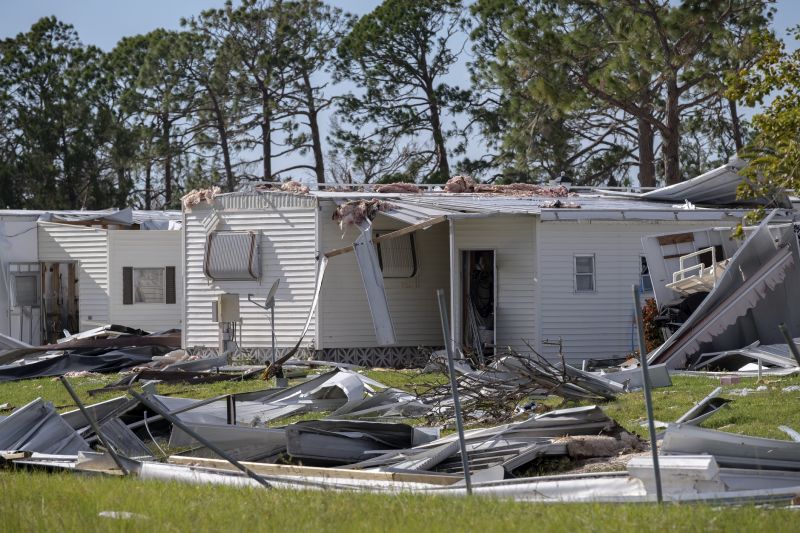
Popular materials for Storm Restorations and why they hold up over time.
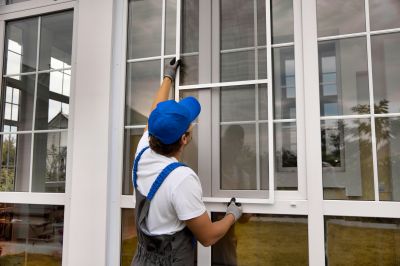
Simple add-ons that improve Storm Restorations without blowing the budget.
| Aspect | Details |
|---|---|
| Best Season | Late fall to early spring |
| Optimal Timing | Before storm season begins |
| Post-Storm Repairs | Within days after storm events |
| Weather Conditions | Avoid during active storms |
| Local Climate | Consider regional weather patterns |
| Building Codes | Follow seasonal requirements |
| Preparation Period | Weeks before storm season |
| Safety Measures | Ensure safe working conditions |
Storm restorations involve repairing and reinforcing structures damaged or vulnerable to severe weather. Proper timing ensures maximum effectiveness, reducing the risk of future damage and enhancing safety. Seasonal planning, combined with timely assessments and repairs, plays a key role in maintaining the resilience of buildings in storm-prone areas.
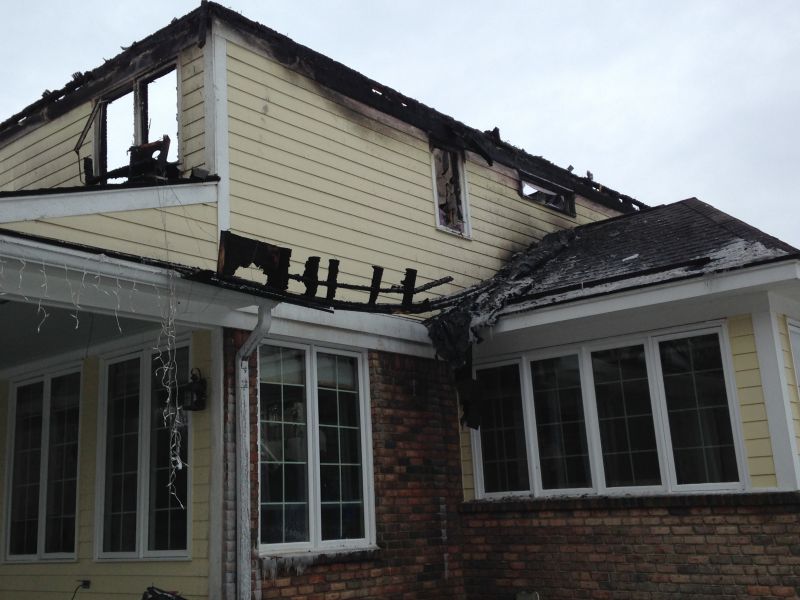
Identifying vulnerabilities early helps in planning effective restorations.
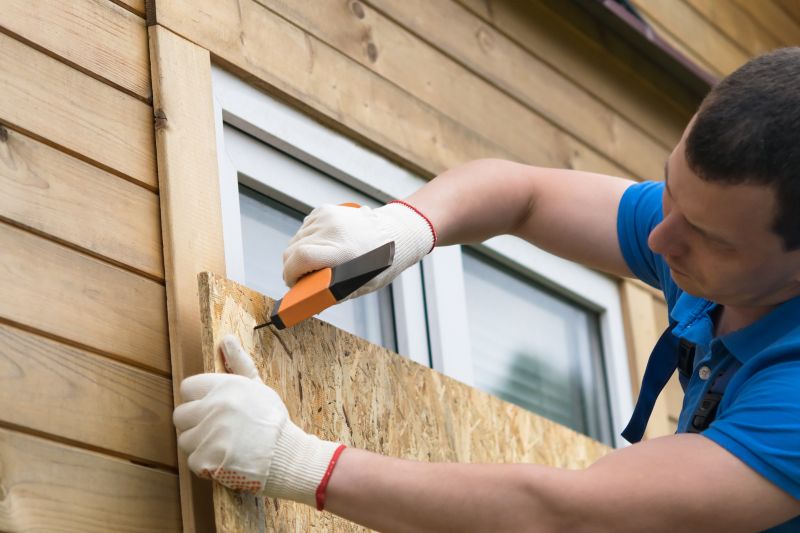
Using durable materials to withstand storm impacts.
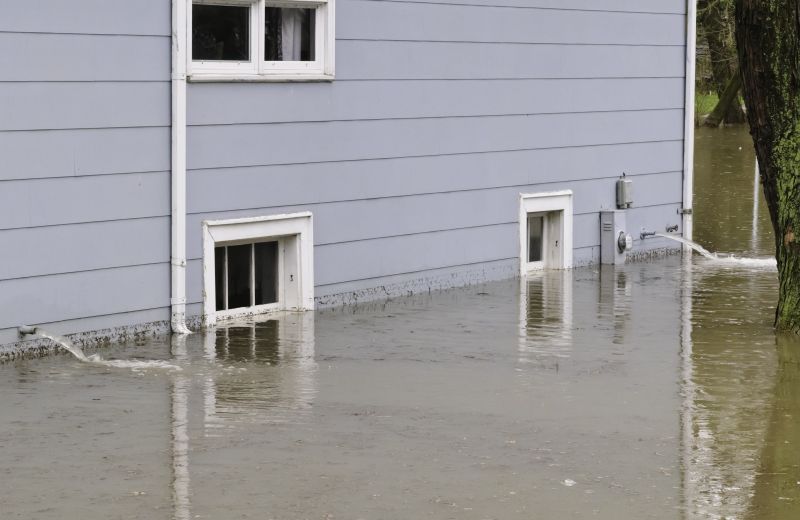
Rapid response to storm damage minimizes long-term issues.

Advanced tools facilitate efficient repairs.
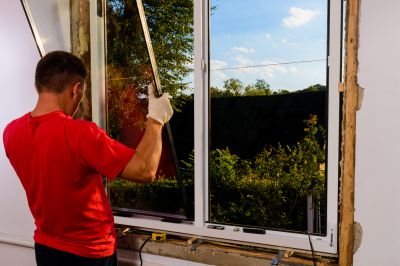
High-end options that actually feel worth it for Storm Restorations.

Finishes and colors that play nicely with Storm Restorations.
Effective storm restorations require strategic planning aligned with seasonal weather patterns. Initiating repairs before storm seasons can enhance building durability, while prompt post-storm actions are vital for safety and preservation. Understanding local climate trends and adhering to appropriate timing can significantly reduce damage and recovery costs.
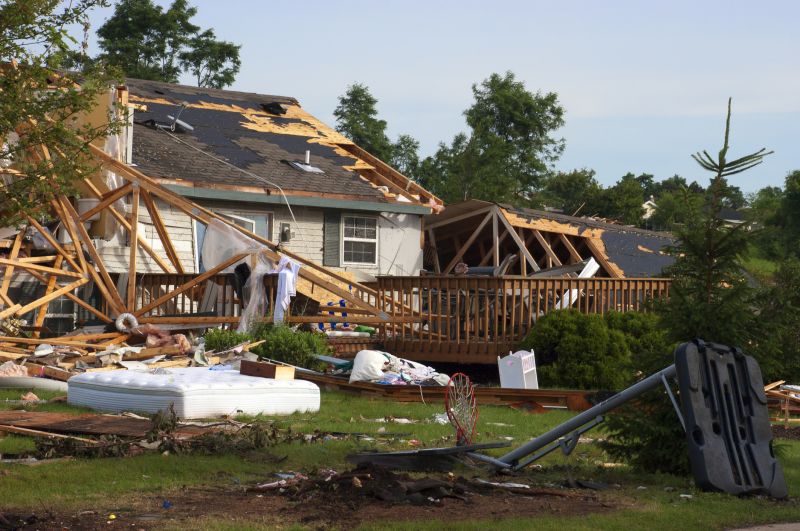
Strengthening roofs before storms reduces potential damage.
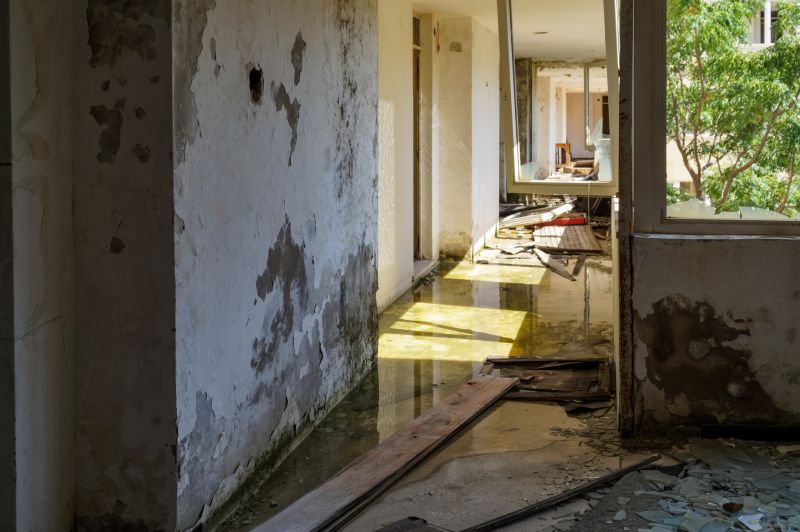
Addressing vulnerabilities early improves resilience.
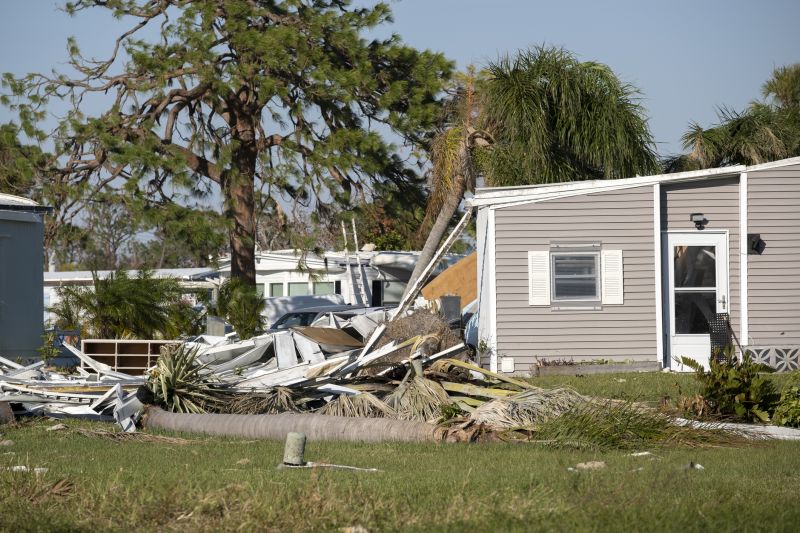
Removing debris and assessing damage promptly.

Little measurements that prevent headaches on Storm Restorations day.

A 60-second routine that keeps Storm Restorations looking new.
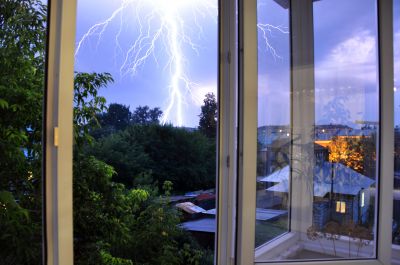
A frequent mistake in Storm Restorations and how to dodge it.
For those interested in storm restorations, filling out the contact form can provide access to professional assessments and tailored solutions. Proper timing and preparation are essential components of effective storm damage management, helping to safeguard properties against future severe weather events.
